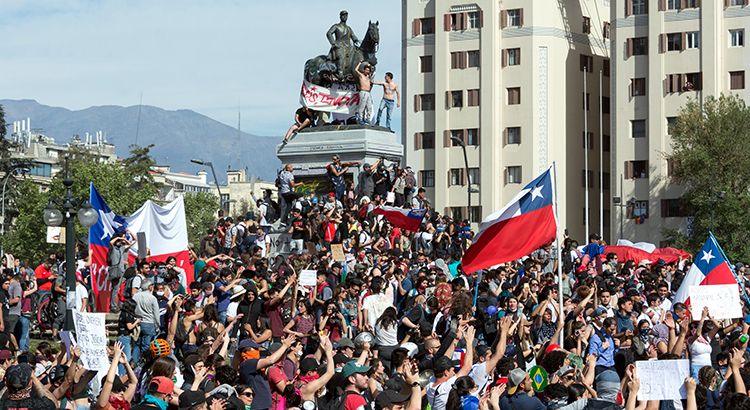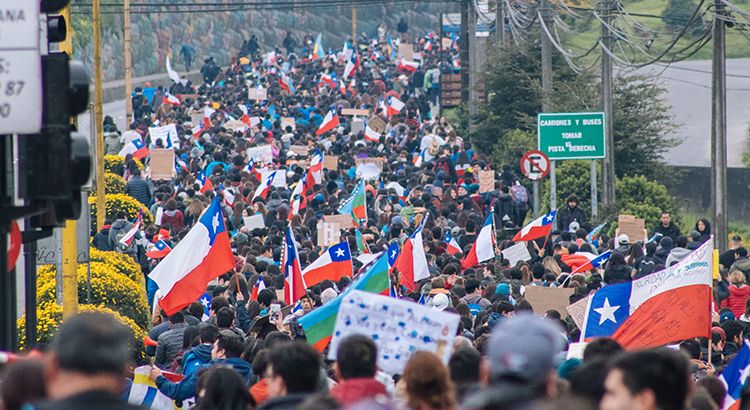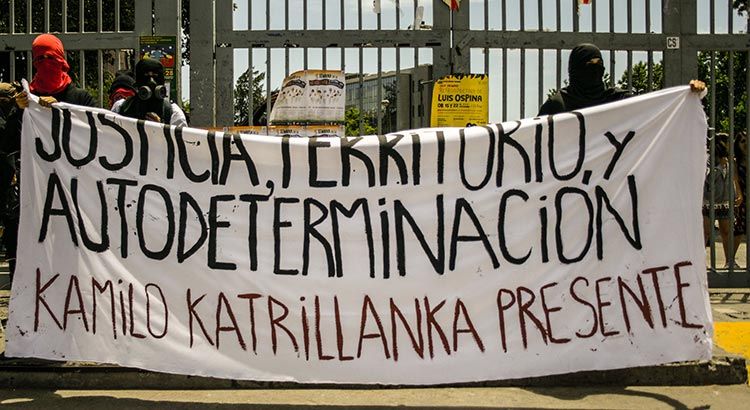Auf Kurs in unsicherem Fahrwasser: Der Verfassungsprozess in Chile
Am 18. Oktober 2019 eskalierten die sozialen Ausschreitungen in Chile, und auch noch jetzt, zwei Jahre später, gehen die Menschen auf die Straße. Im Jahr 2021 markierte der 18. Oktober den Beginn der Arbeit des verfassungsgebenden Konvents zur Ausarbeitung einer neuen Verfassung – ein wichtiger Meilenstein in dem verfassungsgebenden Prozess, der in Reaktion auf die massiven Proteste im ganzen Land initiiert wurde. Veränderte Machtverhältnisse zwischen den politischen Parteien, die anstehende Präsidentschaftswahl im November und unstetes Vertrauen der chilenischen Bevölkerung in die politischen Prozesse stellen Herausforderungen für den Verfassungsprozess dar und könnten die Einführung einer neuen Verfassung im schlimmsten Fall vereiteln.


